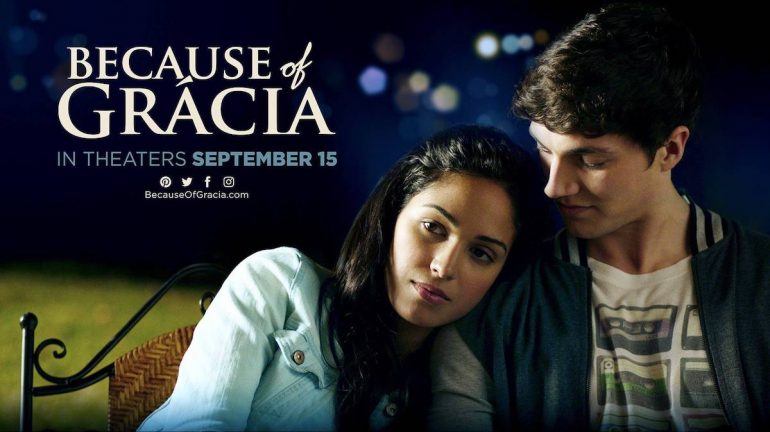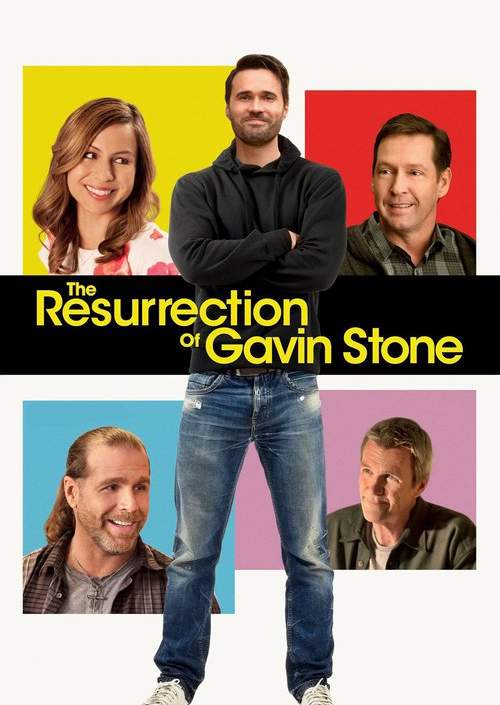A romantic family comedy about a 37-year old guy who gets another chance at his unachieved goals in life when he is magically transformed into a 17 year old again. Mike O’Donnel was a 17 year old in 1989 when he had a promising basketball scholarship riding on a game at his high school. The only problem is that he discovers his girlfriend is pregnant, and he decides to walk away from it all and marry her to do the responsible thing. But now in 2009, he has two kids and has never been happy because he’s blamed his wife for 20 years for his inability to accomplish his dreams. So she is divorcing him, and he is staying with his juvenile man-child friend and dork turned software millionaire Ned.
Mike has his magical brush with a “threshold guardian” who turns him into a 17-year old – again — and he considers this his opportunity to relive his dream. Until he goes to school and sees his own son and daughter as he’s never seen them before. He realizes he has been so out of touch with who they are and concludes that he is supposed to save them. He embarks on his salvific journey to build his son’s lost confidence, and to rescue his daughter from a jerk boyfriend who only wants to use her for his sexual gratification.
This movie makes a number of thematic points for the viewer. First, it addresses the universal regrets of unachieved dreams and displeased middle age lives. It shows the journey of a man who has to learn that he should not regret the choice he made for love over personal dreams. This is very unusual for Hollywood movies that tend to prioritize personal dream fulfillment over duty. When Mike gets to the end of his story as a 17 year old again, and he again has the opportunity to get noticed by talent scouts at a game, he is presented with the same exact opportunity. But when he sees his wife, who is at the game, is about to leave, just as she was about to back in 1989, he leaves the game again, this time, not for duty to responsibility, but for love. And it is in his choice that he finally realizes he did not make a mistake when he gave it all up for her.
This was a clever twist on the genre formula, that usually sets up an opportunity in the beginning for the hero, who makes a wrong choice, but at the end, he is usually set up with a very similar opportunity that, because of his journey, he will now make the right choice to find redemption. But in this film, the twist is that the choice he has to make is that he made the right choice to begin with! It is a film that questions his values, but reaffirms them at the end.
Second, it is a pro-life film in that it depicts in positive terms a teenage couple (Mike and Scarlett) choosing to marry over a pregnancy instead of having an abortion, which is the standard advice to pregnant teens. A major argument by pro-choice advocates is that marrying to take care of a child instead of aborting it results in wasted lives and potential for both men and women. But this movie makes the argument that it is not only the right thing to do to accept the responsibility and marry for the sake of the child, but can easily produce the happiness in intimacy that we are all looking for. When Mike chooses to give it all up a second time, he is saying it is the right choice to do so, it is the right choice to place duty over personal dreams.
Thirdly, it is a film that is pro-abstinence. Mike, as a 17 year old again, follows his daughter around to protect her. In a sex ed class, he makes the argument that kids should not have sex before they are adults and in love, and preferably when they are married. As he describes the beauty and responsibility of an infant daughter and how that baby should be protected by a father, he looks right as his daughter, who doesn’t realize who he really is. After his mini-lecture, all the girls are moved and give back their condoms handed out by the teacher, because they obviously want that kind of true love. When Mike is accosted by three girls at a party who literally offer their bodies to him, he holds them at arm’s length and tells them that they won’t get respect if they don’t respect themselves by such offerings. But they don’t listen, and they say, “You don’t have to respect me,” which illustrates modern teen girl’s complete lack of self-respect.
And also, the film addresses the generation gap. But not merely in the sense of Mike learning about his own selfishness through the eyes of being a teen again. But it also shows that the generation gap is also the fault of teens. When Mike gives all his advice to the other students, he is of course, a 37 year old in a 17 year old body. His is the wisdom of age from the mouth of a youth. Of course, kids don’t listen to these arguments from adults, because they just think adults don’t want them to have fun. But through the mouth of a 17-year old, they listen. Which only goes to show that teens are missing out on wisdom because of their own prejudices and ignorance against their parents.
Mike’s journey is to learn how to be a better husband and father by giving up his selfish dreams for the love of his family.



